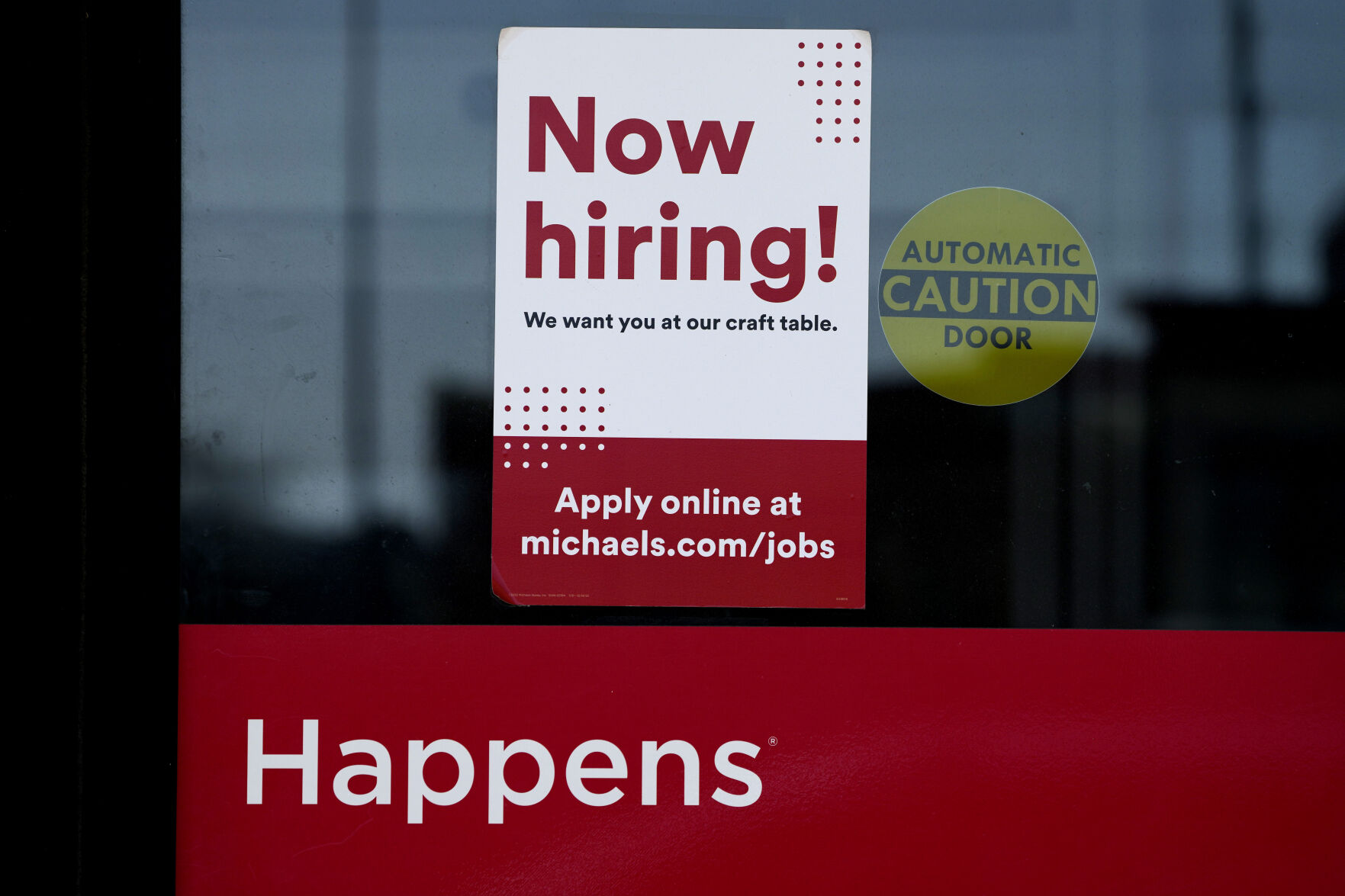The number of Americans applying for unemployment benefits remained elevated last week, a possible sign that the Federal Reserve’s interest rate hikes over the past year may be taking hold in what’s proved to be a resilient job market.
U.S. applications for jobless claims were 262,000 for the week ending June 10, the Labor Department reported today, more than analysts were expecting. This week’s number mirrors last week’s, which was revised up by 1,000. The claims numbers for the past two weeks are the highest since October of 2021.
The four-week moving average of claims, which flattens some of the week-to-week fluctuations, rose by by more than 9,000 to 246,750. That’s the highest level since November of 2021.
U.S. employers have added jobs at a furious rate since more than 20 million jobs disappeared during the pandemic purge in the spring of 2020. Americans have enjoyed unusual job security, despite the Federal Reserve’s aggressive campaign to cool the economy and labor market in its bid to stifle persistently elevated inflation not seen since the early 1980s.
On Wednesday, Fed officials chose not to increase its benchmark borrowing rate for the first time in 15 months, though some said they expect to add another half-point to rates by the end of the year.
The rate hikes have slowly helped to tamp down inflation, though perhaps not as quickly as hoped. The labor market has remained unusually strong throughout the more than year-long rate hike campaign designed to cool it.
U.S. employers added a robust 339,000 jobs last month, well above expectations, painting a mostly encouraging picture of the job market, even as the unemployment rate rose to 3.7%. In April, employers posted 10.1 million job openings, up from 9.7 million in March and the most since January. Economists had expected vacancies to decline.
There are other signs that the Fed’s policies are taking hold. The U.S. economy grew at a lackluster 1.3% annual rate from January through March as businesses wary of an economic slowdown trimmed their inventories. That’s a slight upgrade from its initial growth estimate of 1.1%.
The manufacturing sector has been contracting and three bank failures have been blamed in part on higher interest rates.
Though the labor market remains strong, there have been a number high-profile layoffs recently, mostly in the technology sector, where many companies say they overhired during the pandemic. IBM, Microsoft, Salesforce, Twitter, Lyft, LinkedIn, Spotify and DoorDash have all announced layoffs in recent months. Amazon and Facebook parent Meta have each announced two sets of job cuts since November.
Outside the tech sector, McDonald’s, Morgan Stanley and 3M have also recently announced layoffs.
Overall, 1.78 million people were collecting unemployment benefits the week that ended June 3, about 20,000 more/fewer than the previous week.


